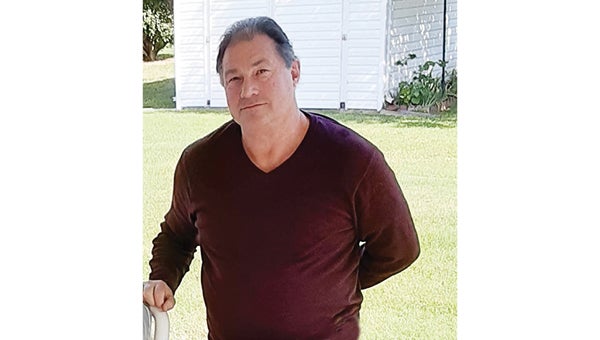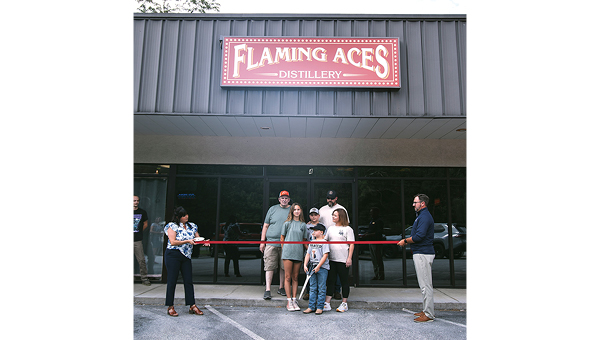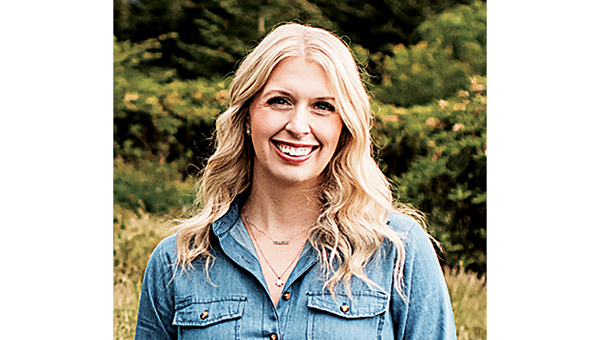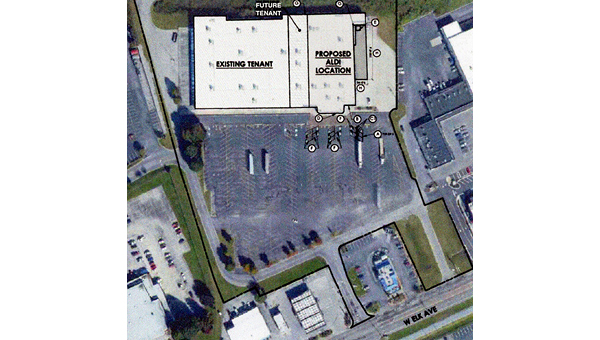The Way We Were
Published 11:53 am Wednesday, October 11, 2023

- C.Y. Peters
|
Getting your Trinity Audio player ready...
|
BY C.Y. Peters
I grew up in a little community called Peters Hollow in Stoney Creek, Elizabethton, Tennessee. It was a time when respect was the foundation of our community, and simple pleasures brought us joy. Fast food was a rarity in our lives. Instead, we savored Kool-aid, relished lunch meat sandwiches, indulged in PB&J creations, and cherished grilled cheese sandwiches. Hot dogs and pot pies were treats, but most of the time, we enjoyed homemade meals like meatloaf, fried potatoes, beans, and cornbread.
Our childhood was marked by gatherings of glass bottles, which we exchanged for deposit money to buy penny candy. A brown paper bag was our candy store, and with just five cents, you could fill it with a treasure trove of sweets. Our days were spent outside, playing games, riding bikes, jumping rope, and racing against siblings. We reveled in classics like hide and seek, Red Rover, red light green light, mother may I, kick the can, and ghost in the graveyard.
In those days, bottled water was unheard of, microwaves and cable TV were luxuries, cell phones were science fiction, and hair straighteners were an alien concept. Breakfast meant sitting at the table, savoring eggs before heading to school. We watched Gilligan’s Island and American Bandstand or worked in the yard and garden after school. Saturday mornings were for cartoons.
Disobedience was a double trouble. Misbehaving at school meant facing the wrath of teachers, and returning home meant another dose of discipline. Paddling was allowed, and my dad was the “butt-busting champ” of Stoney Creek.
We pedaled our bikes for hours without the safety net of cell phones or electronic games. We respected our parents and regarded their words as gospel. If there was a fight, it was a fistfight, and friendships were mended afterward. Firearms were treated with respect, and taking a life was unthinkable.
Our homes had to be close enough to hear our moms calling us for dinner. We sat around the dinner table, playing board games, cards, and having conversations. School was not an option; it was mandatory. We said the Pledge of Allegiance and a daily prayer and listened to our teachers.
Respect was ingrained in us, and we knew better than to disrespect any grown-up. Discipline was not abuse; it was a way of instilling values. We held doors, carried groceries, and offered our seats without being asked to. Curse words were absent on the radio and TV, and if we cursed, our mouths were washed out with soap.
And somehow, as we stepped into the 21st century, we carried all our teeth and the timeless values of respect, discipline, and simple pleasures that had defined our childhood in Peters Hollow.





